Q&A series with ECS OpenCon 2017 speakers

Dan Schwartz, Boeing-Sutter Professor and director of the Clean Energy Institute at the University of Washington
ECS will be hosting its first ever OpenCon event on October 1 in National Harbor, MD. OpenCon will be ECS’s first, large community event aimed at creating a culture of change in how research is designed, shared, discussed, and disseminated, with the ultimate goal of making scientific progress faster.
During ECS’s Open Con, Dan Schwartz, director of the Clean Energy Institute at the University of Washington, will give a talk on the open science movement and academia. In addition to speaking at OpenCon, Schwartz will also co-organize the ECS Data Sciences Hack Day.
The following conversation is part of a series with speakers from the upcoming ECS OpenCon. Read the rest of the series.
ECS: When we say “data sciences,” what does this encompass?
Dan Schwartz: “Data science” is shorthand for the scientific and engineering principles that underpin efficient creation, visualization, analysis, and sharing of data. I have a conjecture—unevaluated but euphemistically called “Schwartz’s law” around here—that every PhD I graduate produce more data than the sum of all prior PhDs. Basically, each year cameras and detectors have deeper bit depth, equipment and software get more automated, more of the software tools allow data and simulation to be animated, etc. In short, both experimentalists and simulation people are seeing huge growth in data they need to analyze, visualize, and share with collaborators.
ECS: Specifically, what areas of electrochemistry and/or solid state science can most benefit from the various components of data sciences, such as open data, open source software and cloud-based computing tools, etc.?
DS: I believe we can accelerate progress and improve reproducibility of all ECS science and technology through open data, open software, and access to shared computational resources. A critical part of this is building the ECS community that establishes standards for data repositories, creates, peer evaluates, and improves software tools.
(more…)



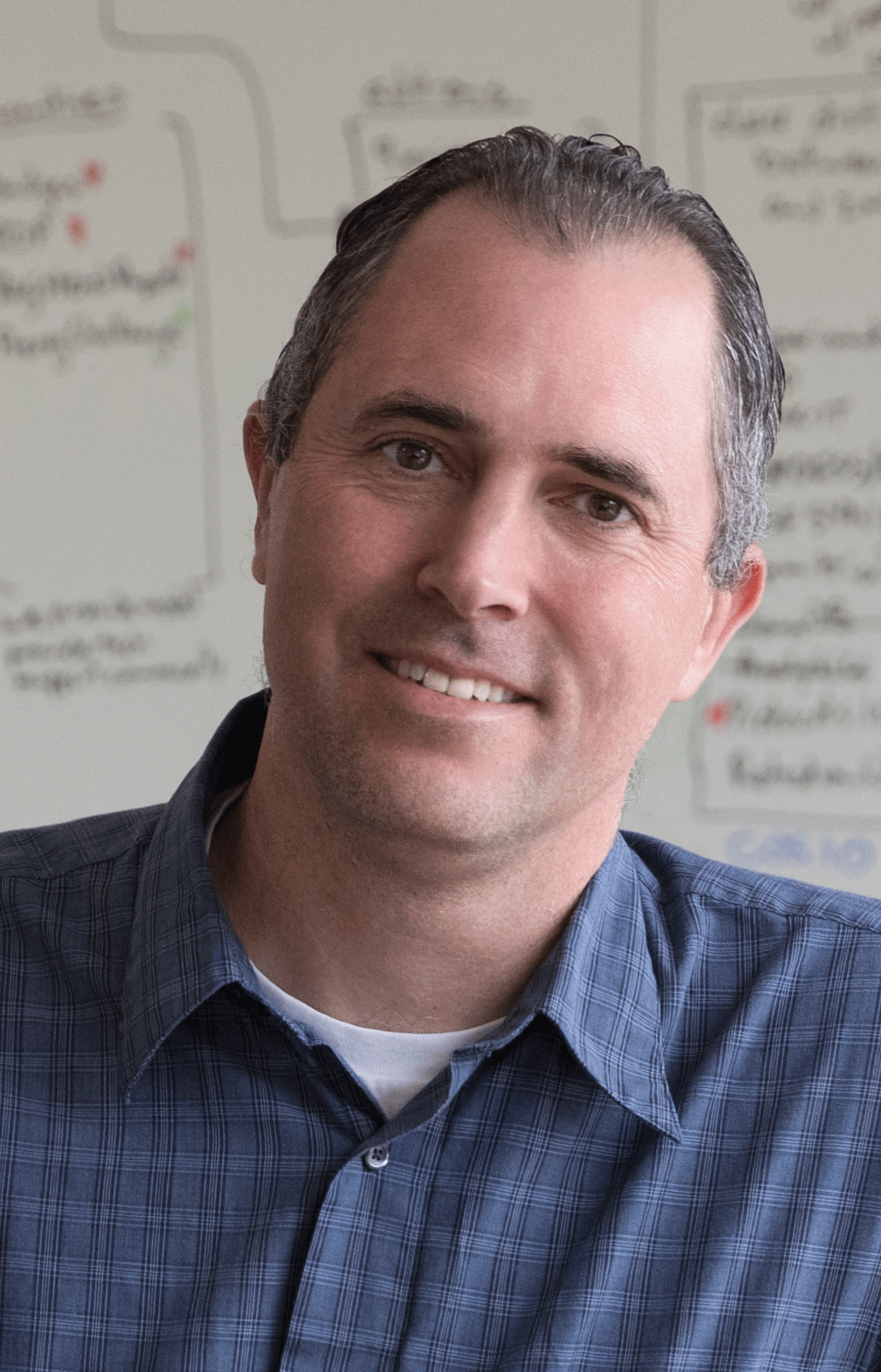

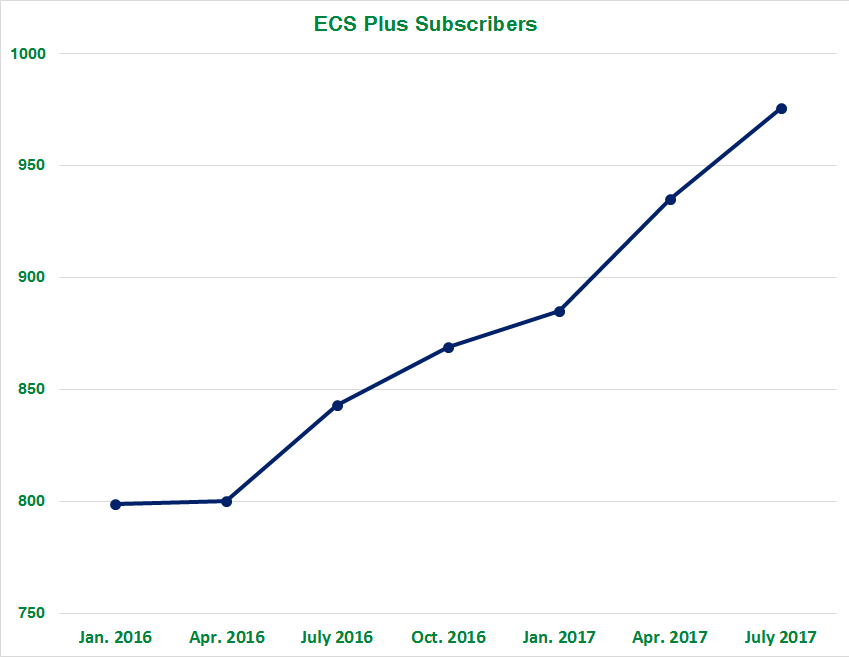
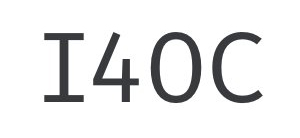 ECS is proud to announce its partnership with the Initiative for Open Citations (I4OC). By joining forces with I4OC, ECS has opened up citation data, further expanding accessibility to scientific knowledge by releasing into the public domain reference data published in
ECS is proud to announce its partnership with the Initiative for Open Citations (I4OC). By joining forces with I4OC, ECS has opened up citation data, further expanding accessibility to scientific knowledge by releasing into the public domain reference data published in 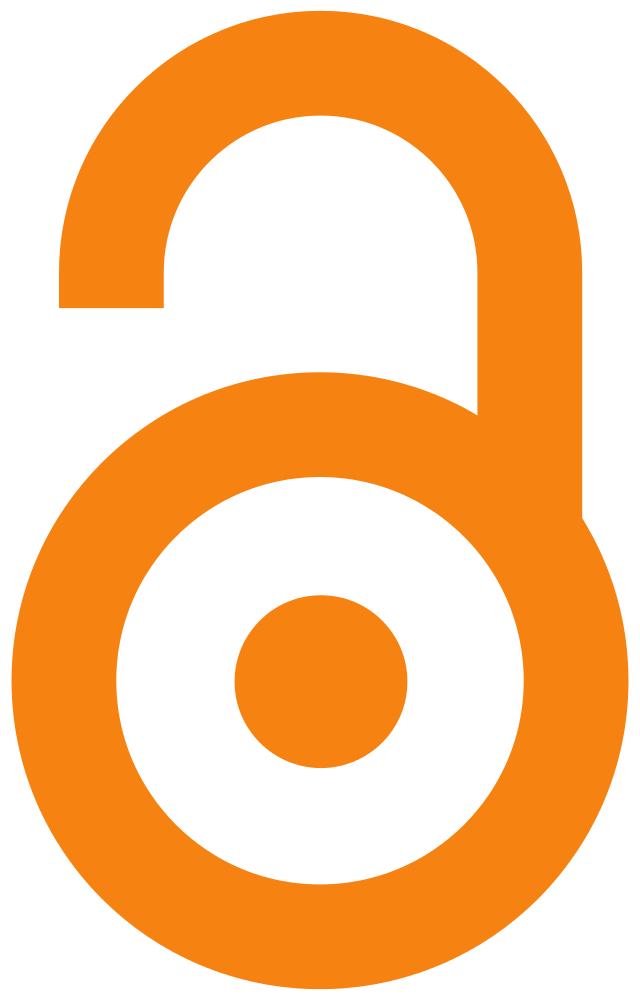 ECS is proud to announce that at the upcoming 232nd ECS Meeting, we will be hosting our first OpenCon satellite event! OpenCon is a conference that places a spotlight, produces discussion, and increases collaboration on issues of open access, open science, open data, open source, and open education. Initially hosted by the Right2Research Coalition and SPARC, satellite events can be held by anyone with an interest in the subject matter. As ECS works to advance its Free the Science initiative, we want to be at the forefront of the open discussion in our industry.
ECS is proud to announce that at the upcoming 232nd ECS Meeting, we will be hosting our first OpenCon satellite event! OpenCon is a conference that places a spotlight, produces discussion, and increases collaboration on issues of open access, open science, open data, open source, and open education. Initially hosted by the Right2Research Coalition and SPARC, satellite events can be held by anyone with an interest in the subject matter. As ECS works to advance its Free the Science initiative, we want to be at the forefront of the open discussion in our industry.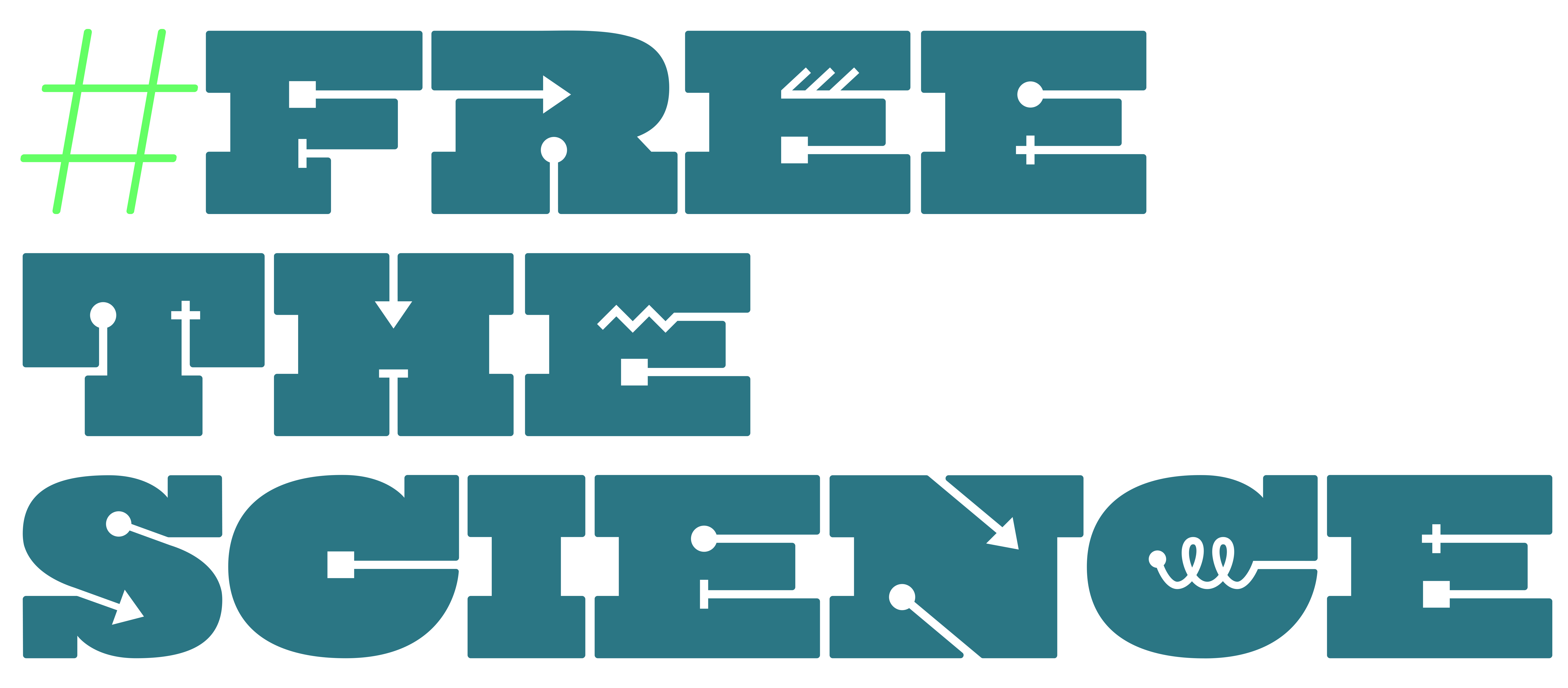 Sci-Hub launched a few years back when Alexandra Elbakyan of Kazakhstan was struggling to find affordable and relevant research through her institution. Fast forward to 2017 and Sci-Hub serves as one of the most common sites that seeks to circumvent paywalls and provide access to scholarly literature.
Sci-Hub launched a few years back when Alexandra Elbakyan of Kazakhstan was struggling to find affordable and relevant research through her institution. Fast forward to 2017 and Sci-Hub serves as one of the most common sites that seeks to circumvent paywalls and provide access to scholarly literature.